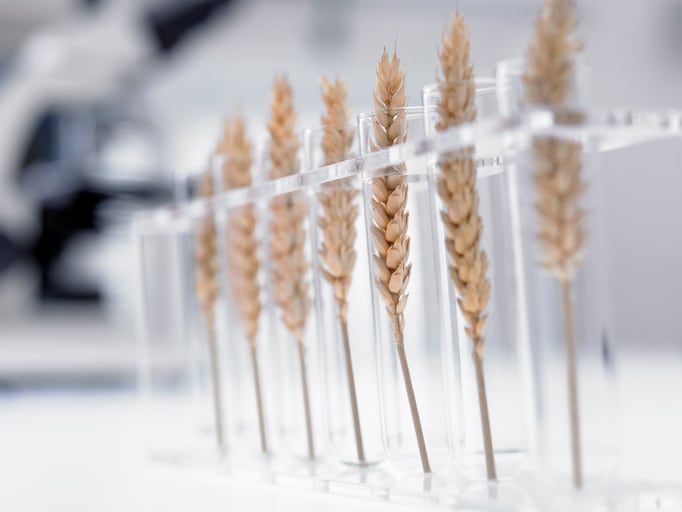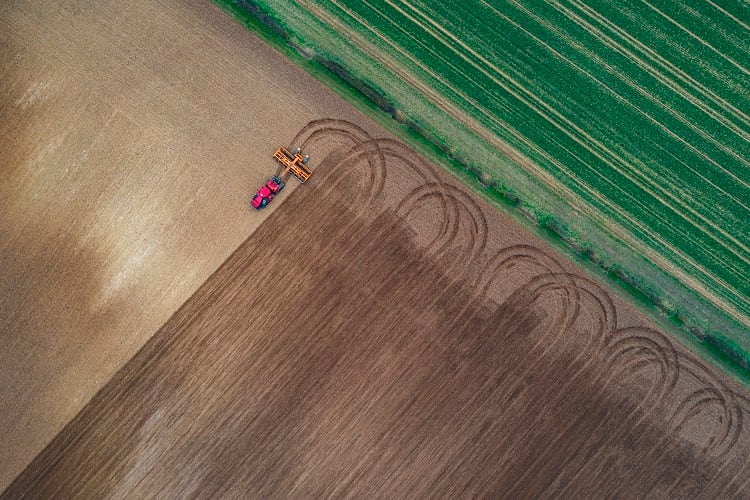Soaring food prices, driven in large part by the impact of the Ukraine conflict, risks “the spectre of a global food shortage” that could last for years, UN Secretary General António Guterres has warned.
“It threatens to tip tens of millions of people over the edge into food insecurity, followed by malnutrition, mass hunger and famine, in a crisis that could last for years,” he said.
The number of people facing severe food insecurity has doubled from 135 million before the coronavirus pandemic to 276 million today, he added. Those living in famine conditions has increased by more than 500% since 2016 and now sits at more than 500,000.
The Ukraine and COVID crises have clearly exposed the supply chain fragility in the global food system and highlight the need for research into the potential solution presented by so called ‘forgotten crops’, according to Dan Saladino, author of Eating to Extinction The World’s Rarest Foods and Why We Need to Save Them.
The world is dominated by the four crops: rice, maize, wheat and soya bean, providing over 50% of plant-based human foods. But so-called ancient grains or forgotten or orphan crops such as millet, sorghum, buckwheat, amaranth and others are nutritional powerhouses packed with sustainability credentials and which offer a significant opportunity to improve human and planetary health.
Saladino’s ‘Eating to Extinction’ claims to outline the urgency and costs of heading towards a future that is less nutritionally diverse – for both our health and planet and appeals and less common ingredients to begin make regular appearances in our diets.
The author told a webinar hosted by the Forgotten Crops Society that today’s food crisis makes his case even more pressing, with events such as COVID and the war in Ukraine continuing to prove ‘how lacking in resilience much of our food system is’.
“I think there are things about the food system that cannot be ignored,” he said. “As well as all that wheat trapped in Ukraine or the Black Sea at the moment there is also a huge amount of energy and fertiliser that underpin the current way of farming. I think that's been a shock to the system that potentially could accelerate change.
“We could be seeing a lot of innovation and one way of creating more resilience in the system is to de-globalise parts of the global food system." This is not a new issue but it's finding a new sense of purpose at this particular time, Saladino explained. Millett, for instance, is an example of a food that disappeared because of its laborious processing method. But new technology can now transform that food and “give a new future to an endangered or underutilised crop”, he insisted.
Growing awareness
Saladino has urged for a change in agricultural subsidies and consolidation of corporations in the food system. He claimed there is now growing awareness in the food sector about the importance of revisiting and reclaiming crop diversity. Mars Inc., for example, is leading research in partnership with indigenous community in Sierra Mixe region, Mexico, into an indigenous variety of corn that can ‘fix nitrogen’ from the atmosphere, instead of requiring synthetic fertilizers. The company has called the project a significant breakthrough in its attempts to find a more sustainable way of growing corn.
“There are serious food industry players who are trying to instigate change,” Saladino noted.
“A lot of work to bring back crop diversity is receiving a lot of attention now from those investor networks that are looking at the existing system and they are identifying risk for their investors whether it's an outbreak of a disease in livestock production or crop failures. So they actually are looking at the practical impact of increasing risk in the food system."
He has been contacted by ‘some very big corporations’ since writing the book, he added. “I know there is a great desire to change. The question is: can corporations of that size really change their business models sufficiently? Is there enough flexibility at that scale. What we are seeing is that they are buying small start-up businesses and trying to get them to scale up in the belief that if they can't change their main business model, they can at least start to create diversity in a different way.”
Such concepts and ideas about food diversity are becoming more well-known, according to the author. "A lot has happened in a short space of time in terms of what has been lost but awareness is growing. Even the word biodiversity wasn't much in use a decade ago.
“Overall, I'm optimistic because I can see examples of change.”



